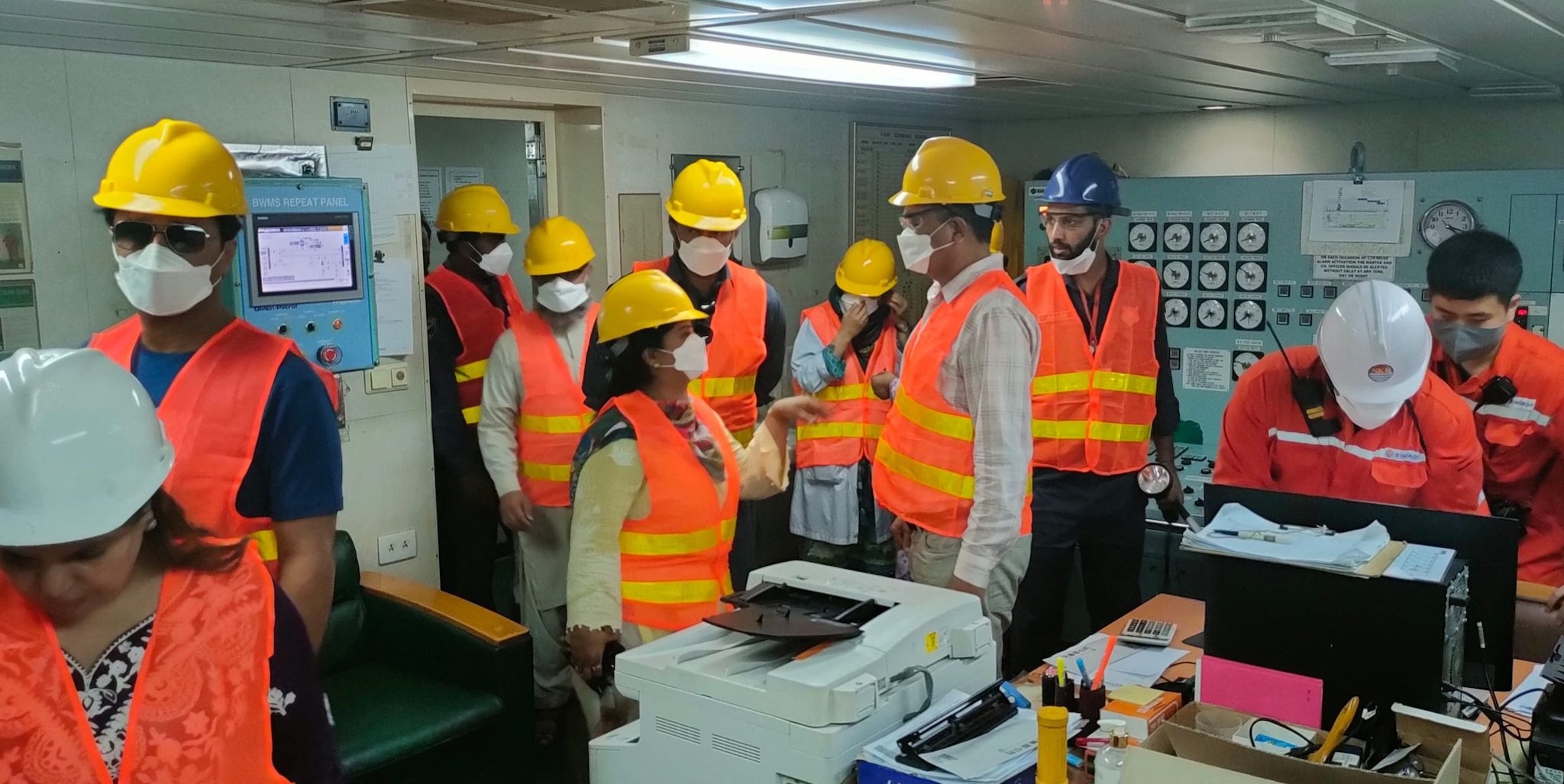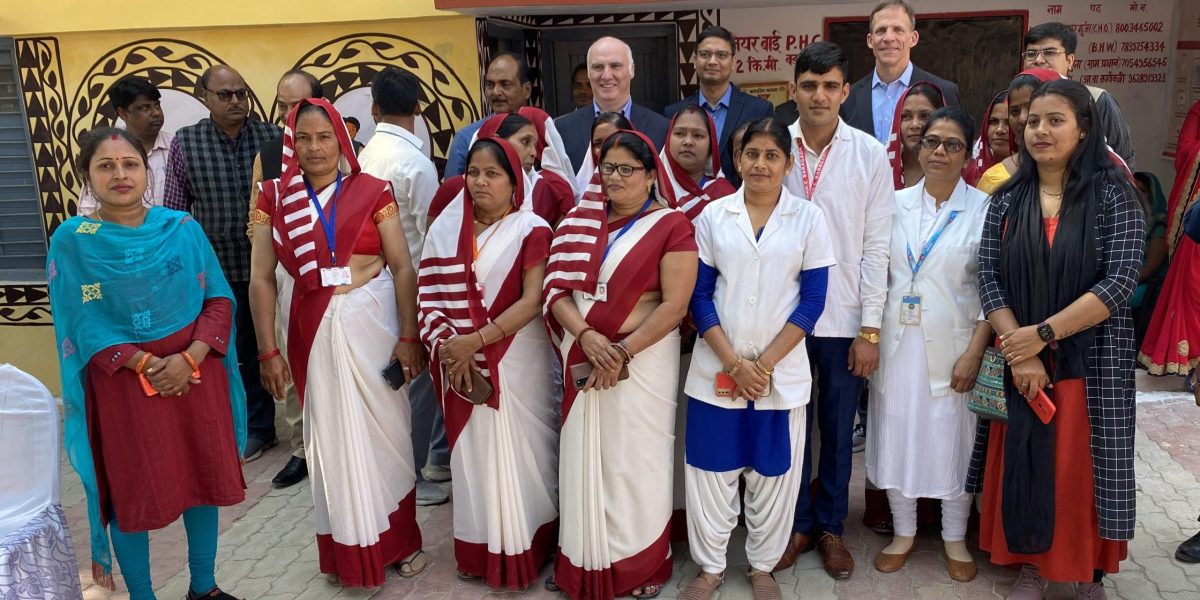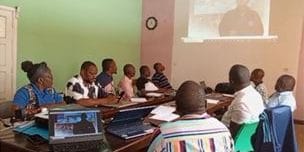World Field Epidemiology Day – September 7

World Field Epidemiologist Day highlights the crucial role of field epidemiologists and global health partners in responding to global health threats. Through leading global health systems and Field Epidemiology Training Programs, public health experts advance evidence-based knowledge, strengthening public health policies and interventions. The global movement is increasingly diverse and inclusive, dedicated to serving and protecting communities worldwide.
World Field Epidemiology Day (WFED), celebrated on September 7, recognizes the role field epidemiologists play in protecting the health of populations worldwide. It is a day devoted to raising awareness and advocating for more investments in training field epidemiologists so they can quickly respond to disease outbreaks and other public health emergencies. This year’s theme is “Increasing Diversity, Equity and Inclusion in Field Epidemiology,” a global effort to reach minority and diverse communities during public health emergencies.
WFED is an opportunity to highlight CDC’s Field Epidemiology Training Program (FETP), a workforce of skilled disease detectives who enable countries to respond more quickly and effectively to health threats at home and around the world. For more than 40 years, CDC has continued to expand and strengthen FETP. Today, across the globe, countries responding to health threats such as COVID-19 rely on FETP residents and graduates for rapid and accurate data investigations.
CDC continues to build and strengthen global health capacity to improve public health and reach diverse populations in partnership with the Training Programs in Epidemiology and Public Health Interventions Network (TEPHINET) and many other organizations.
We invite you to join us in celebrating World Field Epidemiology Day. Learn how CDC helps make the world a safer, healthier place by supporting the growth of a diversified workforce in epidemiology and addressing how resources and opportunities are distributed among field epidemiologists.
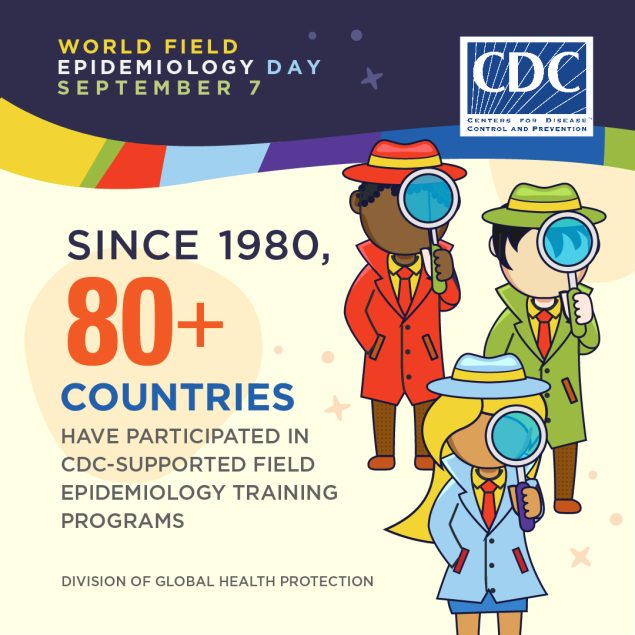 [JPG - 561 KB]
[JPG - 561 KB]Facebook and Instagram
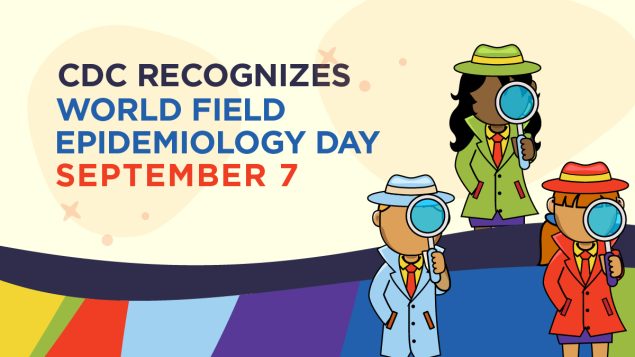 [JPG - 363 KB]
[JPG - 363 KB]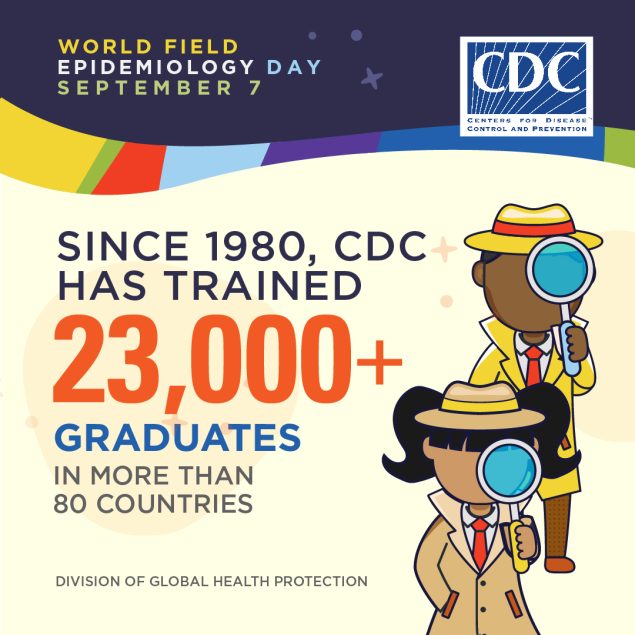 [JPG - 506 KB]
[JPG - 506 KB]Facebook and Instagram
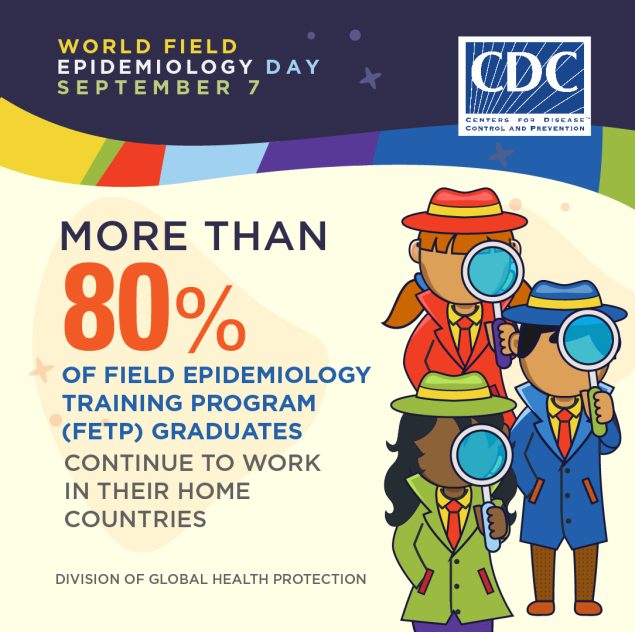 [JPG - 589 KB]
[JPG - 589 KB]Facebook and Instagram
